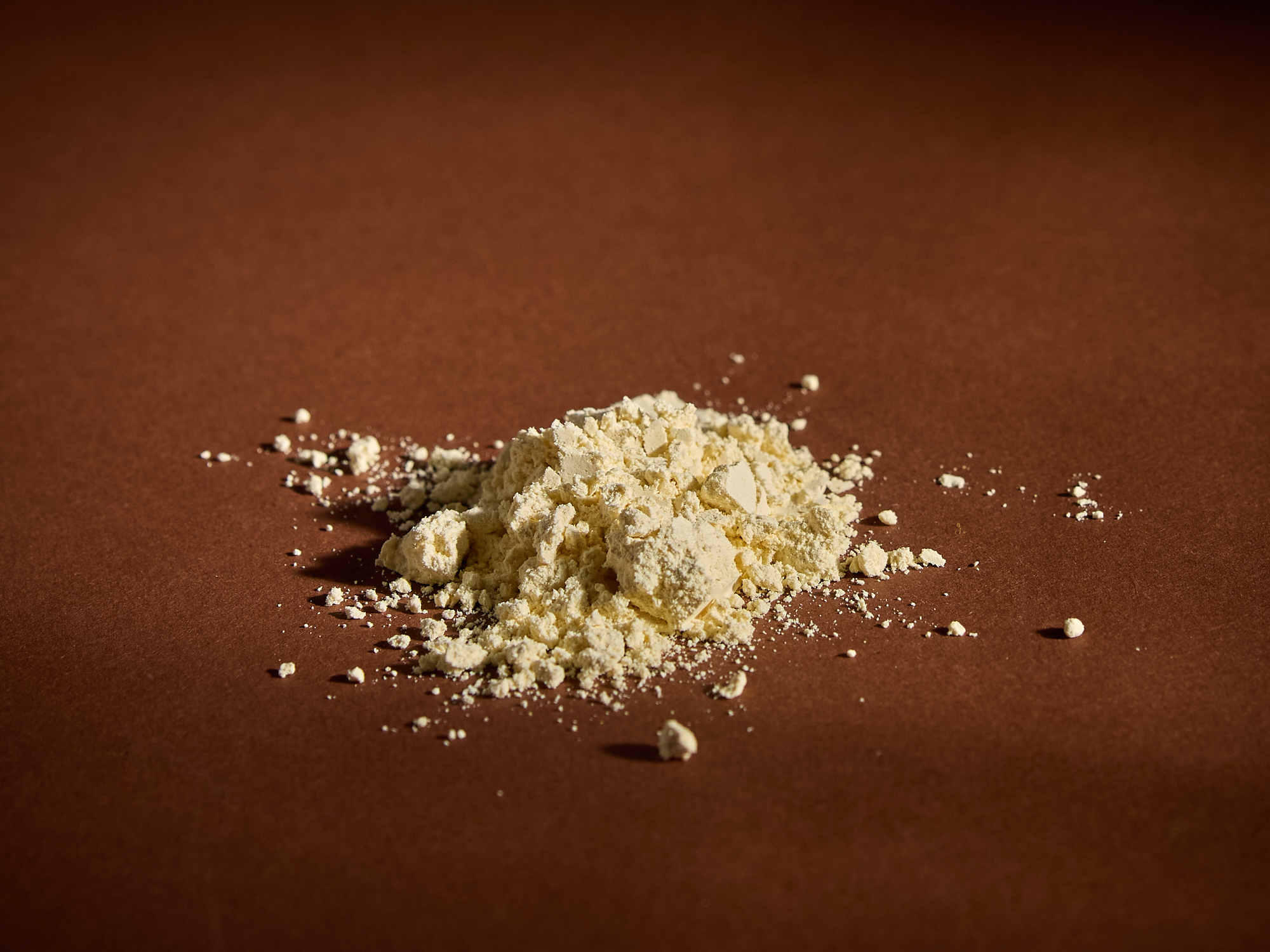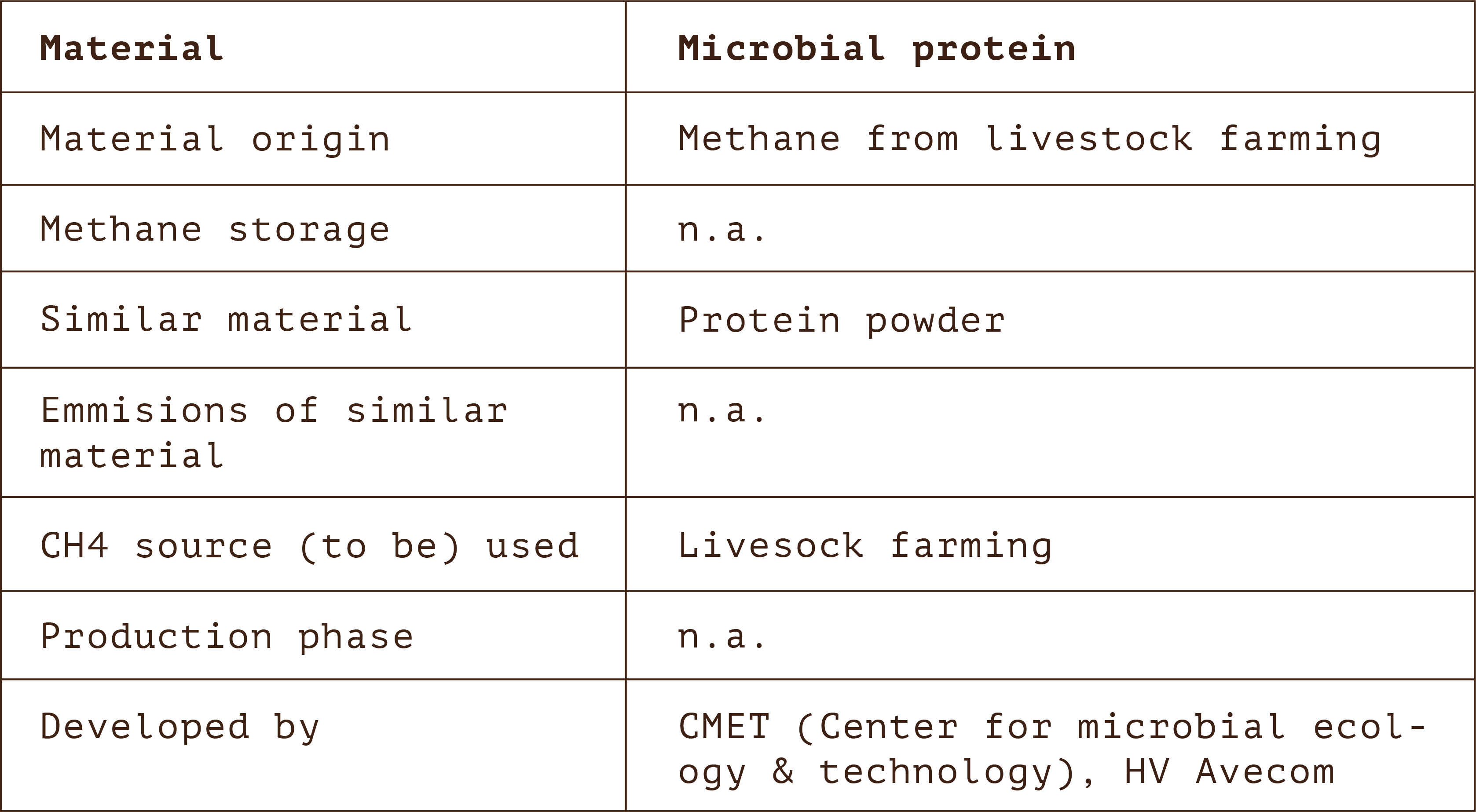![]()
![]()
Microbial protein powder
Proteins are long chains of amino acids, the building blocks of our DNA. They ensure a multitude of functions in living cells and tissues, as such they are key to animal and human nutrition.
The CMET (Center for Microbial Ecology and Technology) is developing new technologies using bacterial cultures to convert methane into protein, one of the essential components of human and animal nutrition. Methane is eighty times more potent than CO2 in generating greenhouse effects in the first twenty years of its release into the atmosphere. As such, reducing methane emissions is crucial in the challenge we face to prevent the most acute weather changes associated with a global temperature elevation.
Microbial proteins are currently mainly investigated as a food source for livestock, but converting methane into nutritious proteins could also have a positive impact on the human food industry. With more people to feed and less arable land, the food industry is under pressure to change its current production process. Microbially produced food does not require extensive space for its large scale food production. As a result, it offers new possibilities to feed human and animal populations, in the future where food security might be increasingly at risk.
Strict food- and safety regulations make it harder to introduce microbially produced food in the human food chain than in the animal food chain. Interestingly enough, space travel research is known to push the boundaries of (circular) innovation. Currently there are ongoing tests where microbial cultures, similar to the one described here, could actively turn human waste into food for astronauts.

